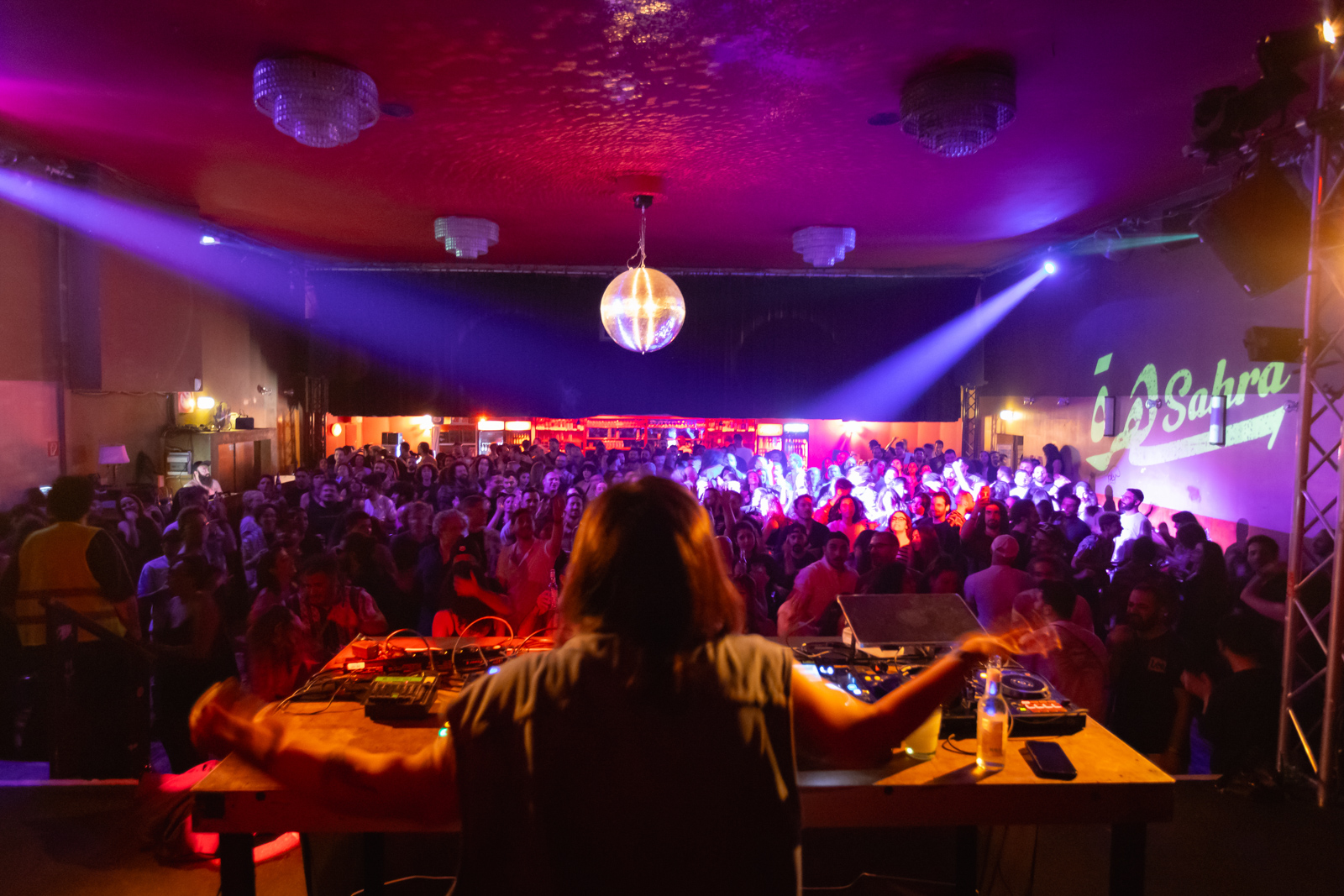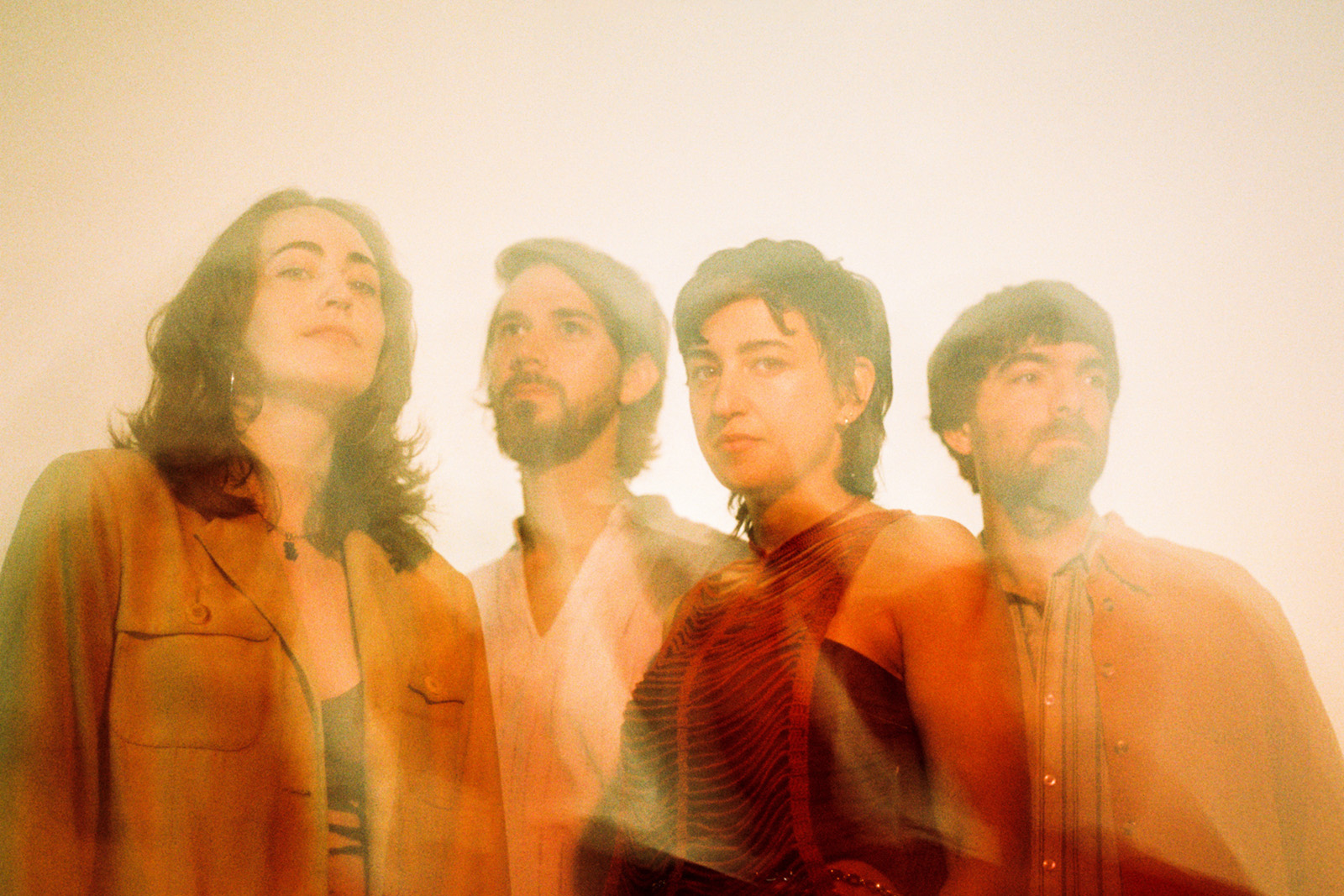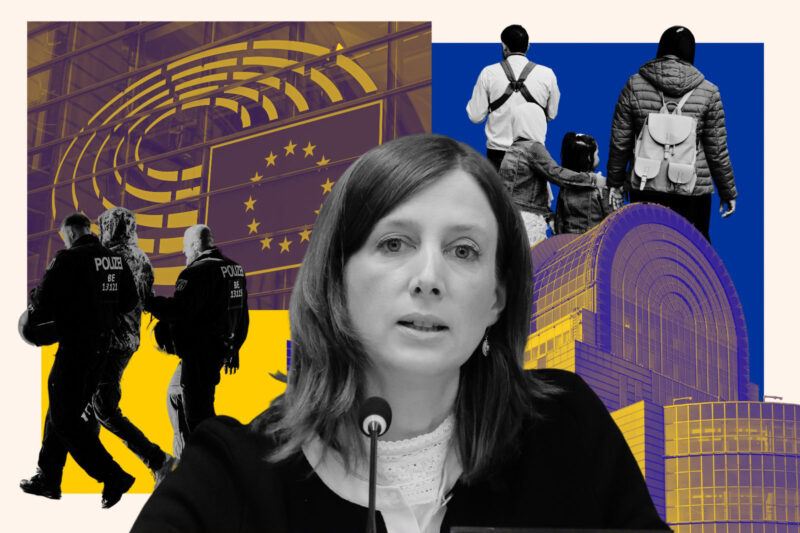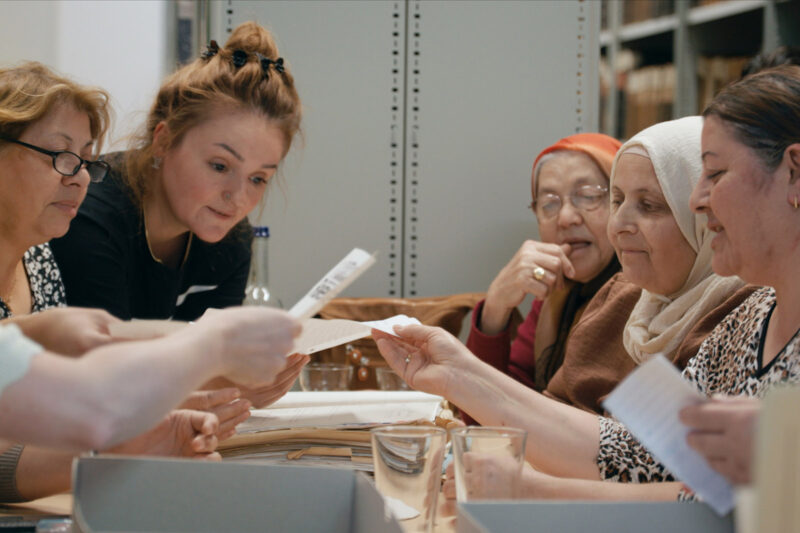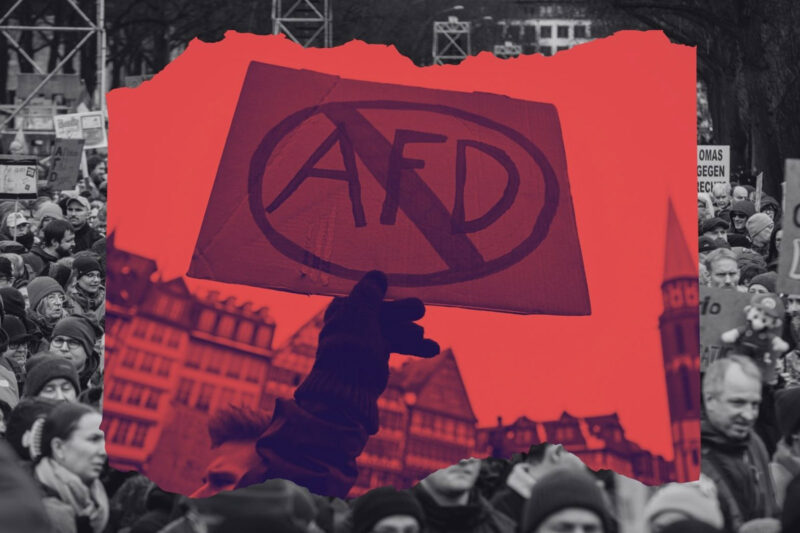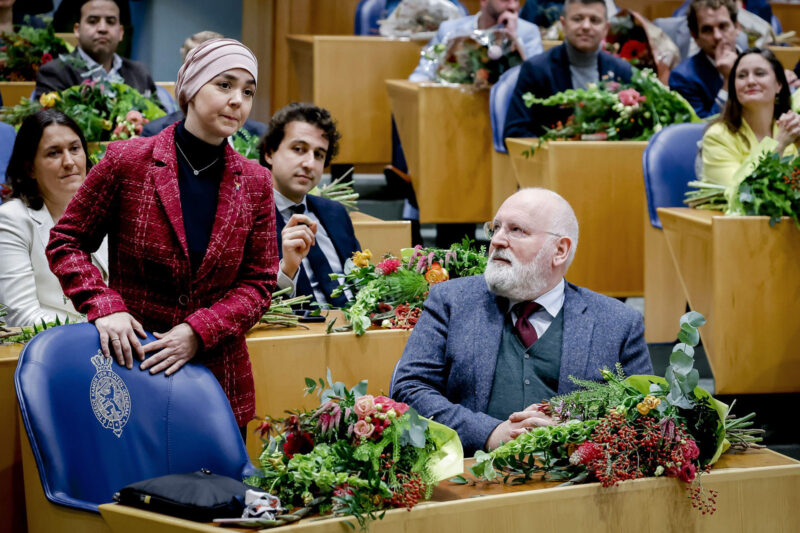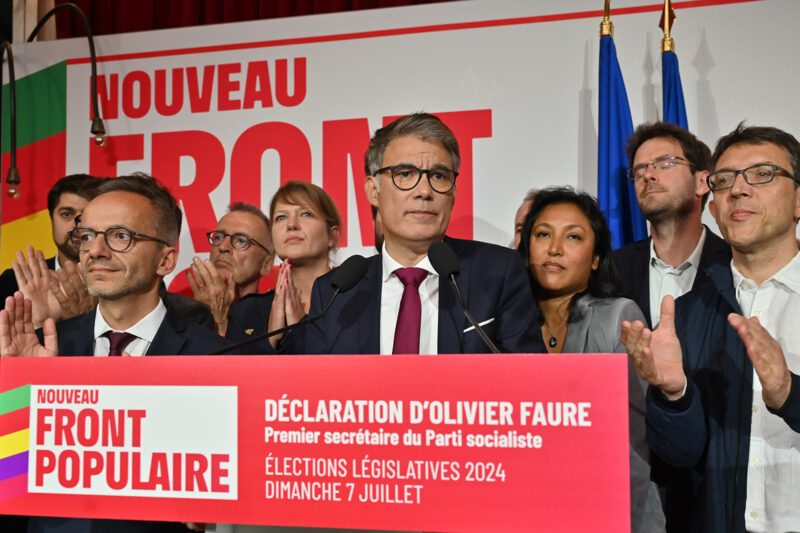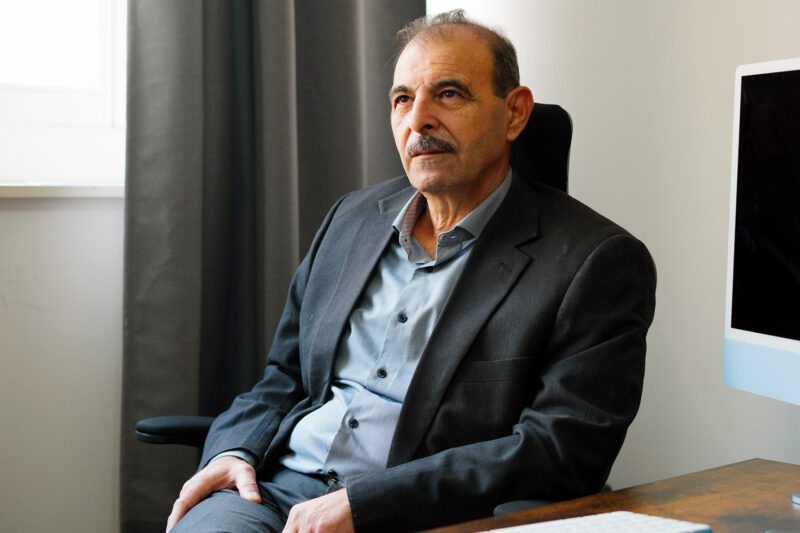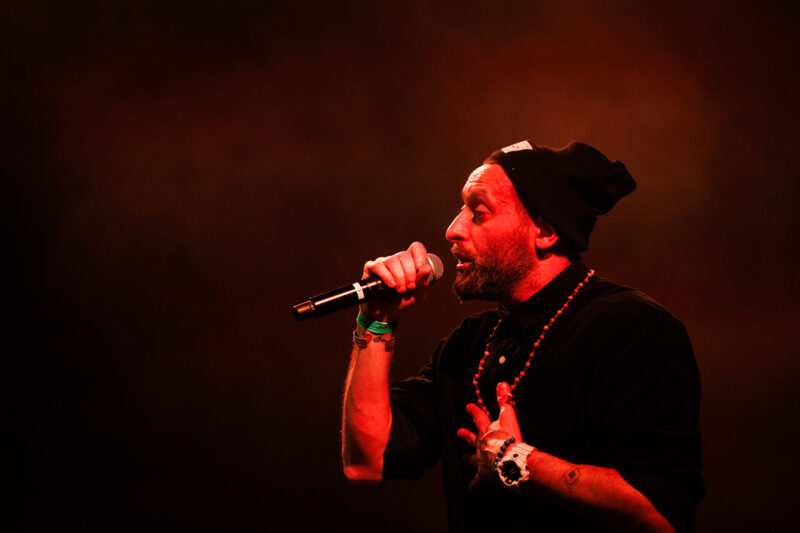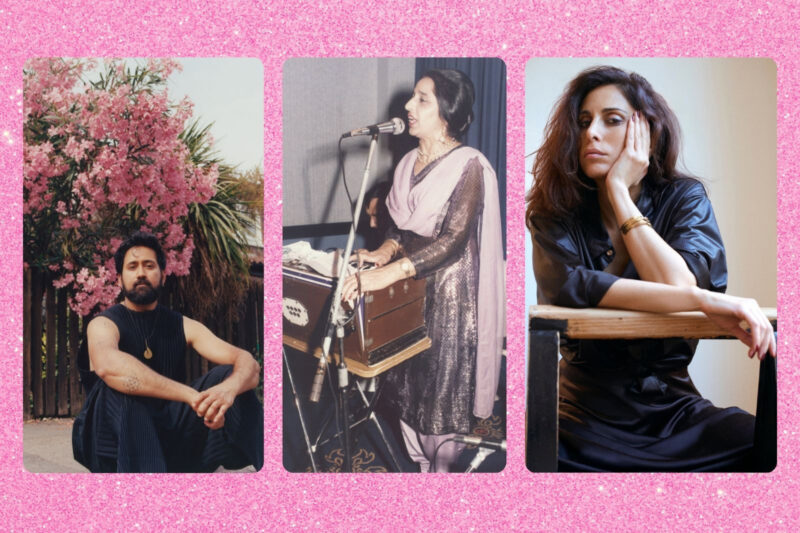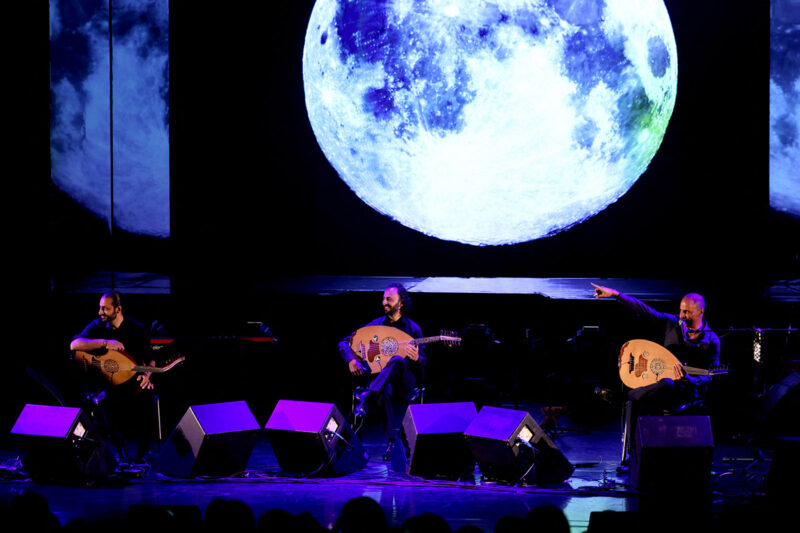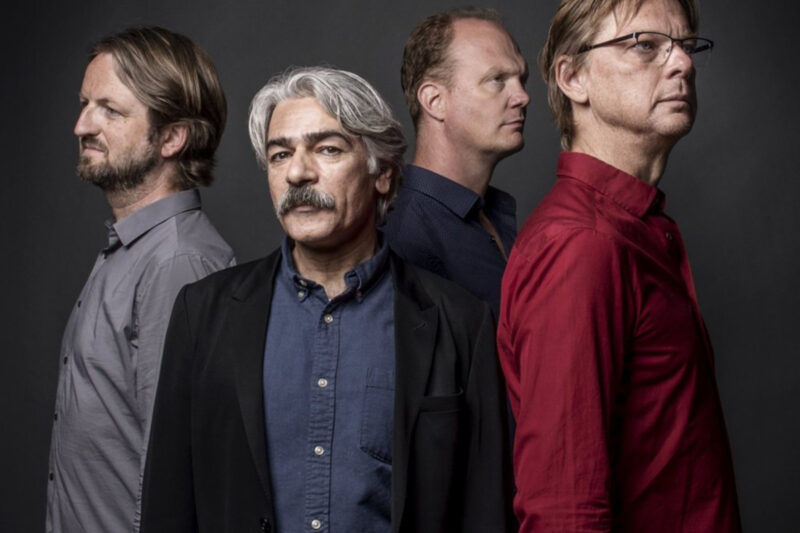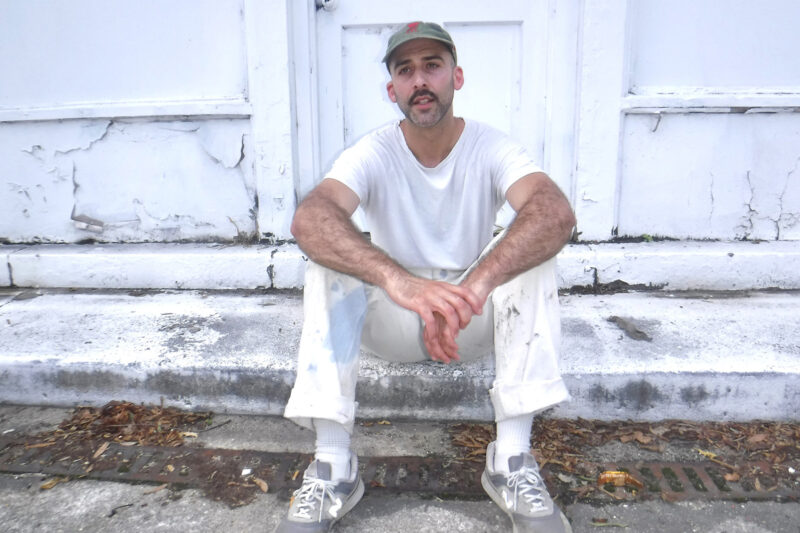Why Berlin needs its Anatolian music festival more than ever
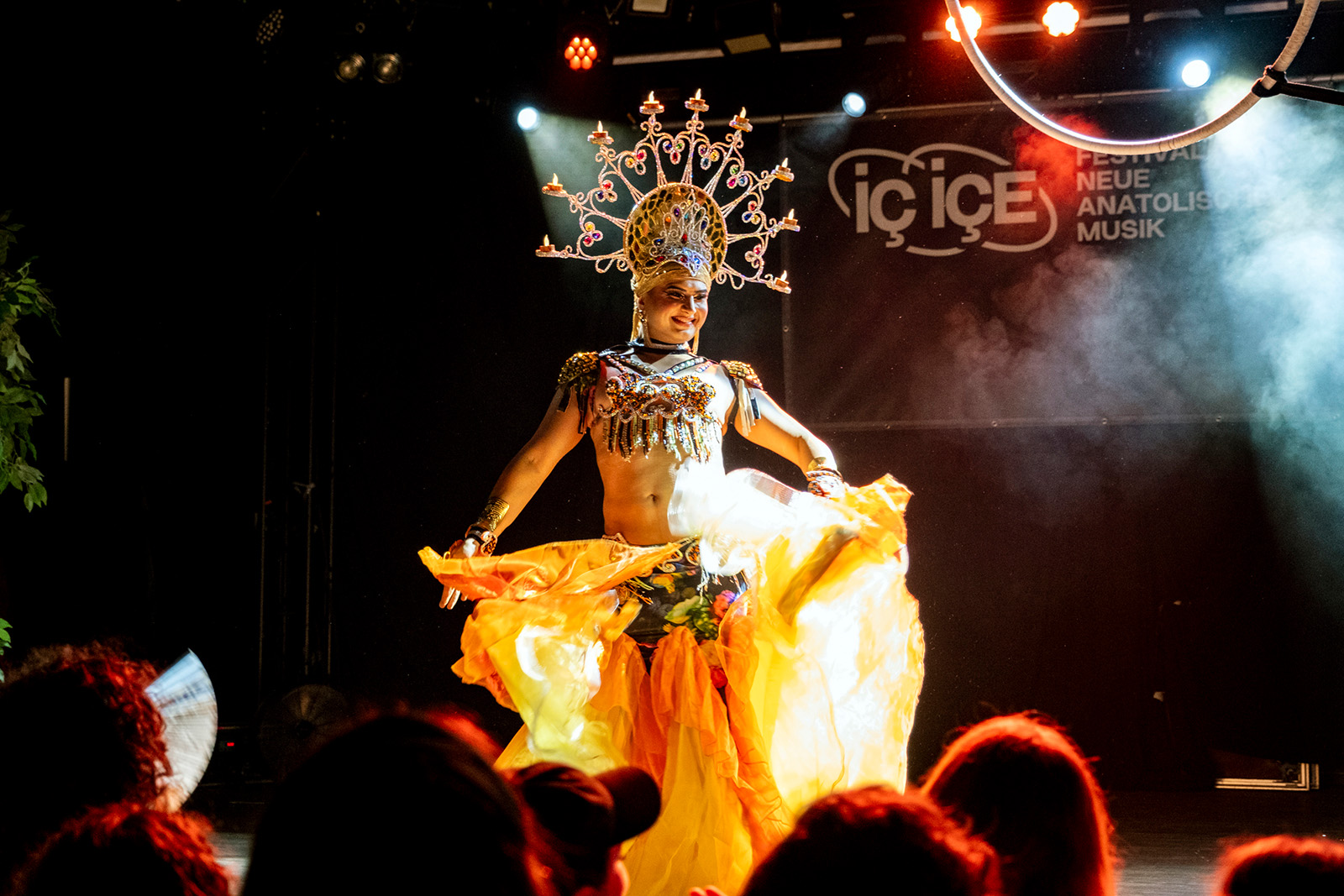
On 14 June, Germany’s biggest festival of Anatolian music will hit Berlin. Its founder says its message of inclusion has never been more urgent
On Saturday 14 June, a flamboyant crowd of folk musicians in traditional Turkish outfits, belly dancing drag queens, hip hop artists and 1,500 fans will take over Berlin’s Kreuzberg neighbourhood, all headed to the Festsaal Kreuzberg for İç İçe — Germany’s only festival of contemporary Anatolian music.
İç içe means intertwined in Turkish and it was chosen by the event’s founder Melissa Kolukisagil to reflect a spirit of inclusion among Anatolia’s diverse cultures, music, religions and languages, but also the crowd she hoped to draw.
Kolukisagil spent months selecting this year’s performers but it’s the crowd she’s most excited to see. Last year, it ranged from young families with kids in tow to LGBTQI+ teenagers holding hands in public for the first time. “It’s not just Turkish, Kurdish or Greek people,” she said. “We have people from so many other diaspora communities because they all feel welcomed.”
She grew up in a small town in the southern German state of Baden-Württemberg, close to the French border, in a family of Turkish gastarbeiters — migrant workers from Turkey who helped rebuild the West German post-war economy. Every Wednesday, her mother worked a half-day shift and she would take Kolukisagil to the town of Offenburg 20 kilometres away to buy cassette tapes from a small Turkish supermarket.
“I grew up with a lot of 90s Turkish pop and folk music that still used the old Anatolian instruments,” she said. Kolukisagil describes stringed instruments such as the bağlama — a long-necked lute — with a distinctive sound heard in traditional music throughout Turkey, the Balkans and central Asia.
Related content
In 2012 Kolukisagil moved to Berlin to study political science and fell in love with the city’s thriving techno scene. In 2017, she was offered a job as a booker at a small festival, kickstarting a career in music at a time when she describes the industry as “very white, very male and very heteronormative”.
Around 2019, she noticed the zeitgeist shifting with more non-Western-centric artists breaking through to the mainstream. At Fusion festival — a long-running Berlin techno event — she was surprised to see acts like Derya Yıldırım & Grup Şimşek, a Turkish neo-folk group from Hamburg, and Dutch-Turkish psychedelic rock group Altın Gün performing next to DJs: “I was like, ‘oh wow, so I don’t just have to go to weddings to listen to this music anymore’.”
Germany’s three-million strong Turkish diaspora has a rich and well-established musical subculture. In the 1960s and 70s, the first gastarbeiters established a circuit of music venues and record labels — a music scene explored in the documentary Love, Deutschmarks and Death. The sons and daughters of this generation went on to pioneer German language hip-hop in the 1980s and 90s and yet the community’s contribution to the country’s musical landscape is still overlooked.
“These people were marginalised and faced extreme racism, and they used music to express their experiences,” explained music journalist Tooka Tajali-Awa. “However, a lot of their music has been stigmatised and problematised by mainstream society.”
Kolukisagil felt compelled to create a space where people with minority backgrounds could come together and dance to the music they grew up with. “There was a lot of isolation growing up as a migrant kid in the 90s,” she said. “In school, we were purposefully separated in class so that we could be better ‘integrated’. So I think it’s very healing to have a place where we can be the majority, away from the white gaze.”
She spotted a call for new concepts from Musicboard Berlin, a funding platform, and her application was successful. The first İç İçe event at the Festsaal Kreuzberg in summer 2021 sold out.
Related content
Kolukisagil describes the festival line-up as “genre-fluid” but prioritises artists who are Flinta (a German acronym for women, lesbians, intersex, non-binary, trans or a-gender) or queer. Among the artists she’s particularly excited to see perform this year are Madanii, a queer Iranian-German artist from Berlin who mixes trap and electronica with traditional elements, and Lella Fadda, an Egyptian rapper.
As someone who grew up a long way from the capital, it was also important to Kolukisagil that she took İç İçe out of Berlin. Munich was a particularly poignant location. A historically conservative city but also the arrival point for most gastarbeiters: trains from southern and eastern Europe pulled in at Munich Central Station’s platform 11.
“There’s a lot going on in Berlin, but being queer and migrant in Munich, for example, is a lot harder,” she said.
Running an inter-disciplinary, inter-cultural festival anywhere in Germany has its challenges, Kolukisagil admits. There are tensions within Germany’s Anatolian diaspora, particularly between Kurds and Turks. İç İçe has a strict code of conduct and an awareness team who partygoers can seek out if they feel uncomfortable.
Since the 7 October Hamas terror attack and the Israeli war on Gaza, many German institutions have cancelled events or pulled funding from artists who express solidarity with Palestine, and Kolukisagil says she has sensed anti-Muslim racism is on the rise across Germany. İç İçe also had its funding cut as part of the Berlin senate’s huge culture budget cuts — a gap Kolukisagil managed to fill through crowdfunding.
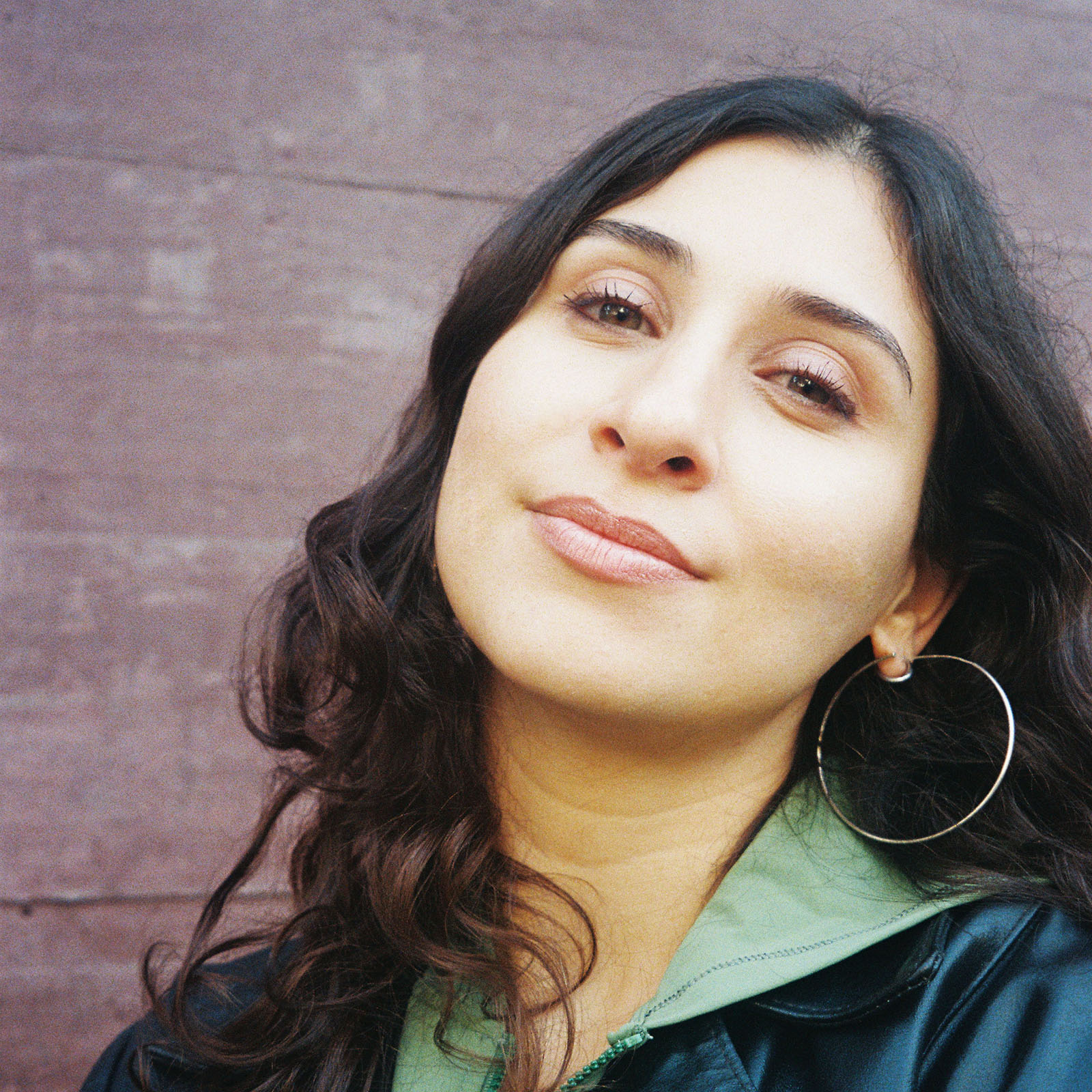
Kolukisagil believes the fraught current climate makes this year’s festival even more important. “People need İç İçe moments,” she said. “We bring so many people from different communities together for the first time. That’s the magical thing about feeling seen — you can also see other people.”
Three artists to watch out for at İç İçe.
Madanii
Madanii grew up in Berlin as the daughter of political refugees from Iran and her genre-bending music explores issues of belonging, otherness, generational dreams and queer romance. She is inspired by alternative R&B and trap music, which she fuses with traditional Persian folk music. An interdisciplinary artist, she also directs her own music videos, creating an audio-visual journey through which to communicate her story and her ideas.
Lella Fadda
The Egyptian-Italian songwriter, singer and rapper has been making waves in the music press with a sound that blends industrial beats, Arabic poetry and hip-hop lyricism. Born in Milan and raised in Cairo’s Heliopolis district, Lella Fadda explores issues such as resilience, womanhood and freedom in her lyrics and her rapping is characterised by a conversational, stream-of-consciousness style. Her most recent album MAGNÜN is produced by Egyptian hip-hop pioneer Abyusif, and her new single TARAT TARAT TAT, which discusses gender-based violence, racked up more than one million YouTube views in just four months.
Bodur
Hailing from London, with Turkish and Sri Lankan heritage, Bodur uses experimental electronica to explore her dual heritage and layered identities. Her debut three-track EP ÖZ (Turkish for “self”), released in April 2023, received critical acclaim from outlets including CRACK magazine and Rinse FM, and her recently released debut album, MAQAM, combines influences as diverse as Kendrick Lamar, classic jazz and traditional Turkish and Arabic folk music.
 Newsletter
Newsletter


